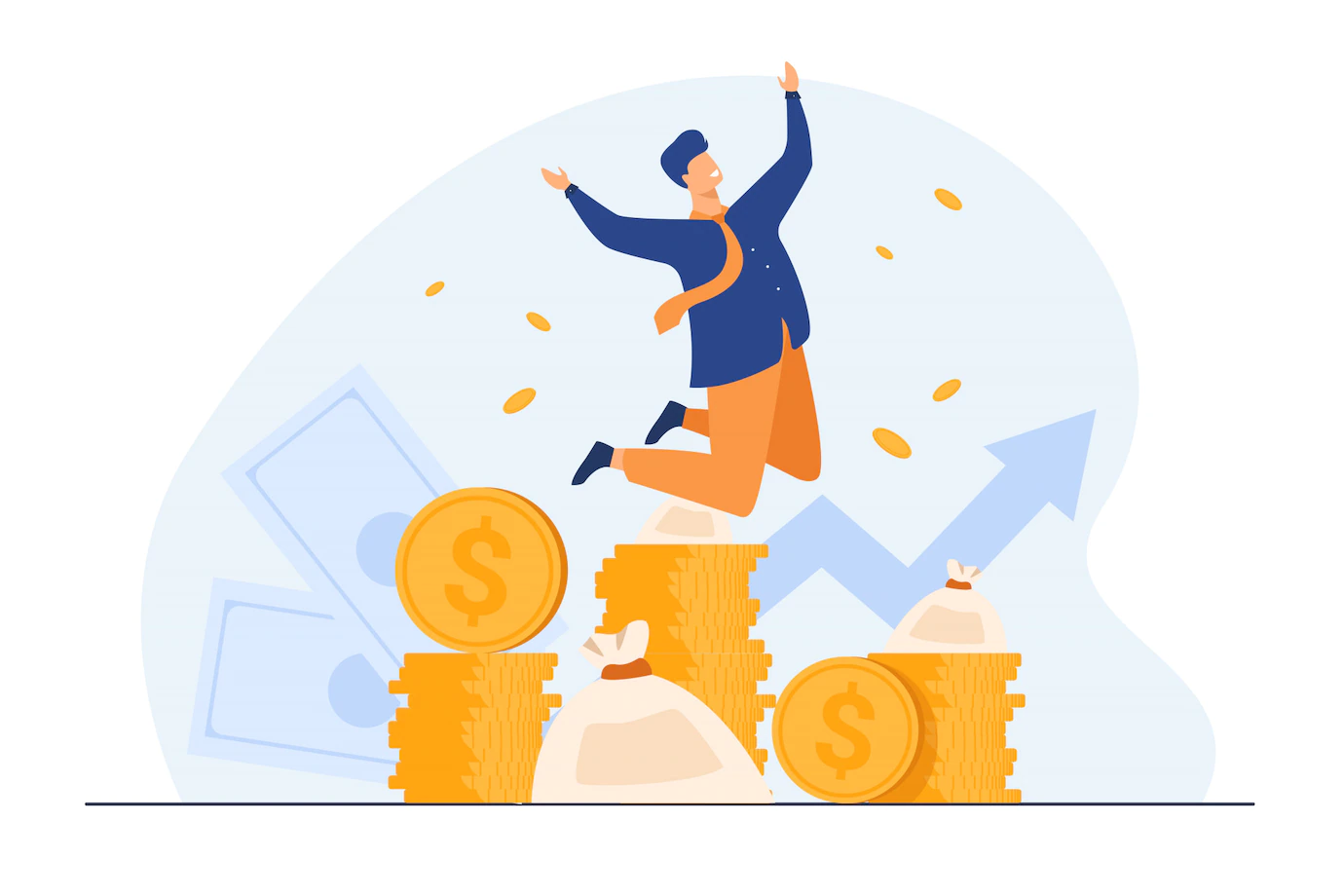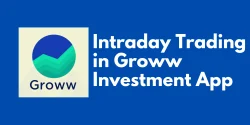What Is a Dividend?
A dividend is a sum of money given to shareholders by a firm. It is typically a portion of the company’s profits that is distributed to shareholders on a regular basis. Dividends can be paid in cash or in stock. Dividends are an important source of income for investors, and they can help to increase the value of a company’s stock. In this article, we will discuss what a dividend is, how it is calculated, and the different types of dividends that are available. We will also discuss the advantages and disadvantages of investing in dividend-paying stocks.
Dividend-Paying Companies
Dividend-paying companies are companies that pay out a portion of their profits to shareholders in the form of dividends. Examples of dividend-paying companies include Apple, Microsoft, Johnson & Johnson, ExxonMobil, and Procter & Gamble. Dividend-paying companies are attractive to investors because they provide a steady stream of income, often in the form of quarterly payments. Dividend-paying companies can also provide capital appreciation, as the share price of the company may increase over time.
Here are some of the benefits of investing in dividend-paying companies:
- Regular Income: Dividend-paying companies provide a steady stream of income to investors, often in the form of quarterly payments. This can be a great way to supplement your income, especially if you are retired or living on a fixed income.
- Capital Appreciation: As the share price of a dividend-paying company increases, so does the value of your investment. This can be a great way to build wealth over time.
- Low risk: Dividend-paying companies tend to be more stable than non-dividend-paying companies, as they have a consistent source of income. This makes them less risky investments.
- Tax Advantages: Dividends are taxed at a lower rate than other forms of income, making them an attractive option for investors.
- Diversification: Investing in dividend-paying companies can help diversify your portfolio, reducing your overall risk.
Overall, dividend-paying companies can be a great way to supplement your income and build wealth over time. They provide a steady stream of income, capital appreciation, low risk, tax advantages, and diversification.
Important Dividend Dates
Dividend dates are important for investors to know when to expect dividend payments and when to buy or sell stock to maximize their dividend income. Dividend dates include the declaration date, the ex-dividend date, the record date, and the payment date.
Declaration Date: This is the date on which the company’s board of directors announces a dividend payment. On this date, the company also announces the amount of the dividend, the payment date, and the record date.
Ex-Dividend Date: This is the date on which the stock begins trading without the dividend. To receive the dividend, investors must purchase the stock before this date.
Record Date: This is the date on which the company records the list of shareholders who are eligible to receive the dividend.
Payment Date: This is the date on which the company pays the dividend to shareholders of record.
How Do Dividends Affect a Stock’s Share Price?
Dividends can have a positive or negative effect on a stock’s share price. Generally, when a company pays a dividend, the share price will drop by the amount of the dividend. This is because the company is taking money out of the business and giving it to shareholders. However, the drop in share price is usually offset by the dividend payment, so the net effect on the share price is usually neutral.
In some cases, a dividend can actually cause a stock’s share price to rise. This is because the dividend payment signals to investors that the company is doing well and is likely to continue to do well in the future. This can lead to increased demand for the stock, which can drive up the share price.
Ultimately, the effect of dividends on a stock’s share price depends on the market’s perception of the company and the dividend payment.

Why Do Companies Pay Dividends?
Companies pay dividends to thank stockholders for their financial support of the business. Dividends can also be used to attract new investors and retain existing investors. Dividends are typically paid out of the company’s profits and can be used to signal to the market that the company is doing well and is in a strong financial position.
- To reward shareholders for their investment in the company
- To attract new investors
- To provide a steady stream of income to shareholders
- To signal to the market that the company is doing well
- To maintain or increase the company’s stock price
- To reduce the amount of retained earnings on the company’s balance sheet
Fund Dividends
Fund dividends are distributions of profits made by a mutual fund to its shareholders. The amount of the dividend is determined by the fund’s board of directors and is typically paid out on a quarterly basis. Dividends are typically paid out of the fund’s income, but may also be paid out of the fund’s capital gains or other sources. Dividends are typically paid in cash, but may also be paid in the form of additional shares of the fund.
Are Dividends Irrelevant?
No, dividends are not irrelevant. Dividends are a way for companies to return cash to shareholders, and they can be an important source of income for investors. Dividends can also be an indication of a company’s financial health and can be used to measure the performance of a company’s stock.
How to Buy Dividend-Paying Investments
- Research the company. Before investing in a dividend-paying investment, it is important to research the company and its financials.Look at the company’s balance sheet, income statement, and cash flow statement in the financial statements. This will help you understand the company’s financial health and whether it is likely to continue paying dividends in the future.
- Consider the dividend yield. The dividend yield is the ratio of the annual dividend payment to the current share price. A higher dividend yield indicates that the company is paying out a larger portion of its earnings as dividends.
- Consider the dividend history. It is important to look at the company’s dividend history to see if it has been consistent in paying dividends and if it has been increasing or decreasing its dividend payments.
- Consider the company’s financials. It is important to look at the company’s financials to make sure that it is financially sound and has the ability to continue paying dividends in the future.
- Consider the risk. Dividend-paying investments can be risky, so it is important to consider the risk involved before investing.
- Choose an investment. Once you have done your research and considered the risk, you can choose an investment that meets your needs. You can invest in dividend-paying stocks, mutual funds, or exchange-traded funds (ETFs).
How Often Are Dividends Distributed to Shareholders?
The frequency of dividend distributions to shareholders varies from company to company. Some companies pay dividends quarterly, while others pay them annually or semi-annually. The frequency of dividend payments is typically determined by the company’s board of directors.
What Is an Example of a Dividend?
A dividend is a payment made by a company to its shareholders. An example of a dividend is when a company declares a dividend of $0.50 per share and a shareholder owns 100 shares, they would receive a dividend payment of $50.
Why Are Dividends Important?
Dividends are important because they provide investors with a return on their investment. Dividends are a way for companies to reward shareholders for their loyalty and trust in the company. Dividends can also be used as a signal of a company’s financial health and stability. Dividends are also important because they can provide investors with a steady source of income, which can be used to supplement other income sources.
Conclusion:-
In conclusion, A dividend is a sum of money given to shareholders by a firm.
Out of its profits or reserves. Dividends are typically paid out quarterly and can be a great way for investors to generate income from their investments. Dividends can also be used to signal to the market that a company is doing well and has the ability to pay out profits to its shareholders. Dividends can be a great way for investors to increase their returns, but it is important to understand the risks associated with investing in dividend stocks.























